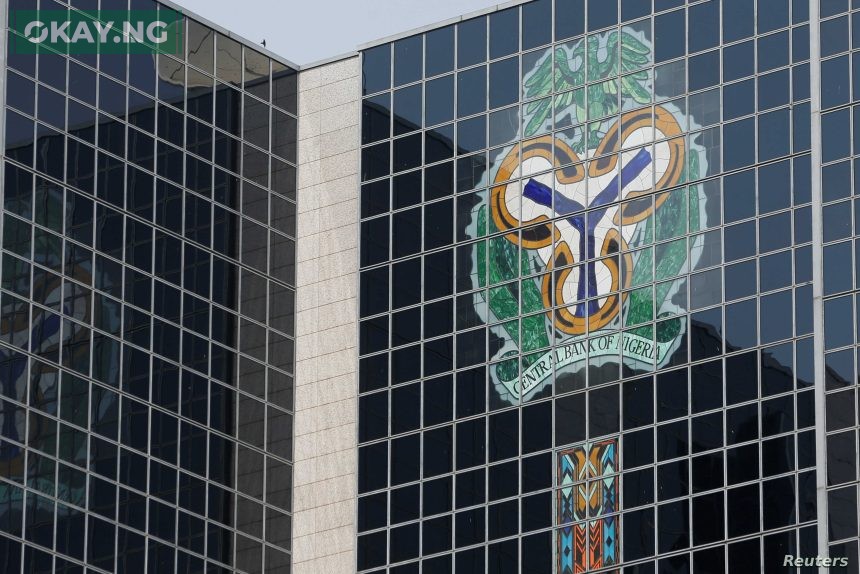The Central Bank of Nigeria has issued new restrictions tightening qualifications for Point of Sale (PoS) operators under its revised Guidelines for Agent Banking Operations.
A recent survey shows growing concern about fraud and poor oversight in the sector, prompting the regulator to act. The new rules now bar individuals with unpaid debts, watch-listed Bank Verification Numbers (BVNs), or records of financial misconduct from serving as PoS agents.
Released on October 6, 2025, the guidelines represent a stricter framework focusing on the integrity and financial discipline of those handling last-mile transactions across Nigeria. The measures aim to restore trust in agent banking, which has become a vital tool for financial inclusion.
Any individual or entity with a non-performing loan in the past year will be disqualified from becoming an agent. The CBN stated that credit verification will now be carried out through licensed credit bureaus, ensuring that individuals with poor financial records cannot re-enter the industry through informal networks.
Similarly, anyone whose BVN has been flagged for misconduct or who has been blacklisted for fraud or dishonesty will not be eligible. Convicted offenders, bankrupt individuals, or insolvent companies are also prohibited from operating as agents.
For new applicants, the guidelines outline eligibility criteria requiring agents to show capacity for approved transactions, including deposits, withdrawals, and bill payments. They must also submit all regulatory information, obtain necessary approvals, and meet the legal age and mental fitness requirements.
The CBN has directed banks, super agents, and payment service providers to perform detailed checks before hiring agents. These checks include reviewing credit history, verifying business addresses, and confirming legitimate funding sources.
Nigeria’s PoS industry has grown rapidly, with over 8.3 million registered terminals and 5.9 million deployed as of March 2025. Despite this growth, incidents of fraud, theft, and unlicensed activity have raised serious concerns. By enforcing credit and BVN checks, the CBN seeks to strengthen the system and reduce risks to customers.
The new guidelines extend compliance deadlines to April 1, 2026, giving operators time to meet requirements before full enforcement begins.




